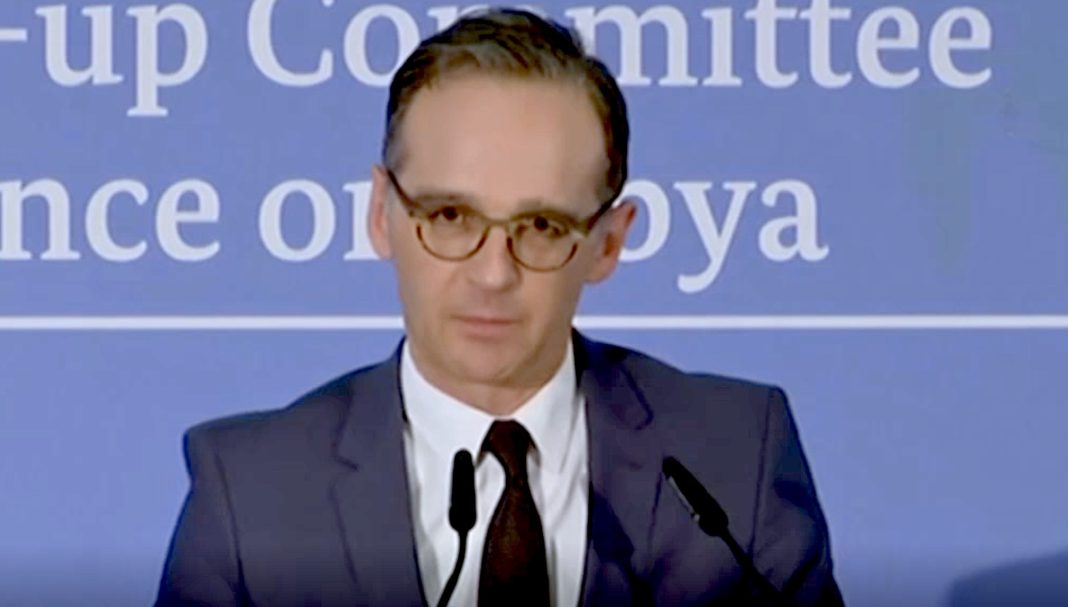By Janet Ekstract
ISTANBUL – On Tuesday, Germany announced it will host a conference in Berlin on June 23 to discuss how to create a more sustainable stability in the North African nation. A statement from the German Foreign Ministry read in part, that the aim of the conference will be to review “next steps needed for a sustainable stabilization of the country.” A major goal of the conference is to bring all powers in the region together who have interests in Libya and its interim government.
At a news conference, German Foreign Minister Heiko Maas emphasized that Libya’s path to peace has been arduous and said, “we ourselves were often not sure if the targets we have set can be reached.” Maas added that “we are cautiously optimistic” and that inviting those at the foreign minister level to participate, ensures Libya stays on its current track. Talks are expected to focus on preparations for national elections set for December 24 and the issue surrounding foreign troops and mercenaries in Libya. To that end, the topic of creating unified security forces for the nation will also be discussed.
Germany’s foreign ministry said in a statement, the second Berlin conference will be the first time the Libyan transitional government is represented at such a conference. The ministry added that the upcoming conference will “take stock of progress” on various issues. The ministry statement also said: “The main focus will be on preparations for the national elections scheduled for December 24 and on the withdrawal of foreign troops and mercenaries from Libya as agreed in the ceasefire,” “In addition, steps towards the creation of unified Libyan security forces will be discussed.”
The conference is to take place at the foreign ministerial level and is a follow-up to the first Berlin conference that met in January 2020 where the major topics of concern were honoring the UN arms embargo and achieving negotiated discussions with Libya’s warring factions with Germany and the UN acting as intermediaries. The five permanent members of the UN Security Council as well as Italy, Turkey and the United Arab Emirates (UAE) have been involved in this process.




